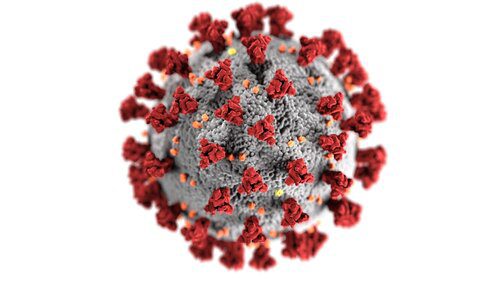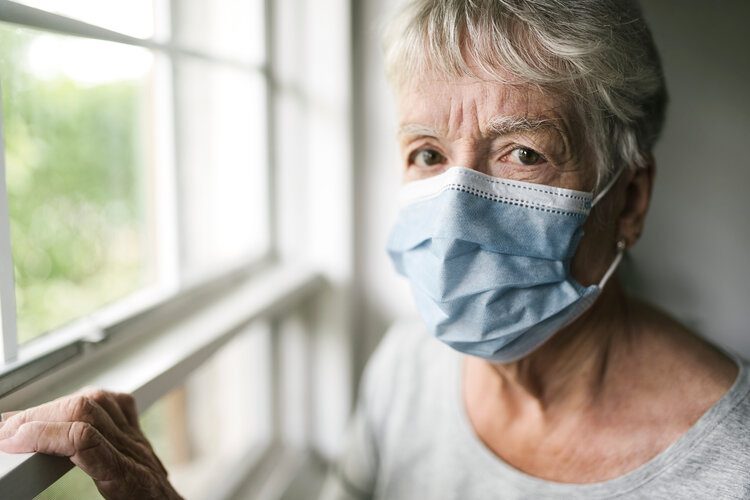
Our Response
- Our focus in research linked to the COVID has been the role of the immune system in the infectious-immune relationship.
- Our approach to this condition as an immune-related disease.
- Our approach to identifying the immune status of the high-risk population.
- Can we modulate it and how?
- Can we identify and discuss a prevention program?
- As we focus on the cross-talk between the nervous system and the immune system we start a new study evaluating a new drug the may benefit patient with post-COVID with neurological symptoms (more detailed with our research team).
Covid-19 Updates
COVID-19 Vaccines
In recent weeks there has been a great deal of progress reported regarding the development of a vaccine for COVID-19. Of special note have been reports that Pfizer has developed a vaccine that may be up to 90% effective. While there is still a great deal of data that needs to be reviewed, including the vaccine’s safety, this news offers great hope regarding the possible prevention—and spreading—of the disease. Although there are still hurdles which need to be overcome before their vaccine can be administered, Pfizer has announced that they will have 50 million doses ready to go when final approval is given.

FDA Authorizes New Antibody Detection Test
The FDA recently gave approval to a new test that evaluates SARS-CoV-2 antibodies. The test will help researchers gain vital information as to the role these antibodies may play in a patient’s potential immunity.
Treatment Update
As researchers continue to learn more and more about COVID-19, they are developing ever more innovative ways to treat the disease. The FDA recently gave approval to pharmaceutical company Eli Lilly to pursue its study into whether its monoclonal antibody bamlanivimab may be useful in treating non-hospitalized COVID-19 patients who are older than 65 years of age, as well as those who have certain chronic health conditions.
COVID-19 and Children
Since the earliest days of the presentation of COVID-19, it was generally assumed that children were less at risk for infection than adults. Recent data shows that this may not be the case. In fact, in October, alone, children accounted for 200,000 of the new cases of COVID-19 being reported. With recent data suggesting the majority of new cases have been coming from the ‘young adult’ population, it now appears that there may be cause for concern that this population may not just be transmitting the virus to the elderly, but to their own children, as well. This supposition is supported by a recent study conducted in North Carolina which found that 77% of children and adolescents who lived with a household member who was infected with the SARS-CoV-2 virus had a positive COVID-19 RT/PCR test. Possible reasons for the increased risk of infection where having an infected sibling or Hispanic ethnicity. Interestingly, asthma was associated with a lower risk. Also of interest is a study conducted in New York of children and adults with COVID-19 that revealed that there where different antibody responses between the adult and pediatric populations.
False Positive Antigen Tests
While scientists and researchers take every possible precaution to ensure the accuracy and reliability of a medical test, the possibility of receiving ‘false positive’ results remains. Recently, the FDA sent a letter to clinical laboratories and healthcare providers alerting them to the potential for false-positive results in rapid detection COVID-19 antigen tests. The FDA has also been informed of false-positive readings coming from tests conducted in various settings, including nursing homes. While concerning, it should be noted that these results are not unexpected, given that, large populations with a low prevalence of infection are being screened.
Does Short-Term Recurrence of Positive SARS-CoV-2 RNA Indicate a Relapse?
Studies have shown that patients who had been discharged from the hospital following treatment for COVID-19, and who received positive results when retested, were not likely to be experiencing a relapse of the virus. Research showed that, while of the 192 patients studied, the short-term recurrence of positive SARS-CoV-2 RNA was found in15% of the patients, it was not associated with new symptoms. It was also shown that the individuals who had recurrent positive tests tended to be younger (34 vs 45 years of age) and exhibited a higher proportion of moderate symptoms. Of the total number who had recurrent positive tests, no signs of infection were noted, and none of their close contacts developed the COVID-19 virus.
Aerosol vs. Drop Spread
There has been much discussion surrounding the various means by which COVID-19 is spread. A recent study revealed that 10 seconds after an individuals cough, more than half of the virus-containing particles were able to remain airborne. Studies have also found that masking can be effective in blocking nearly 95% of viruses that may remain airborne following the 10-second time period.

